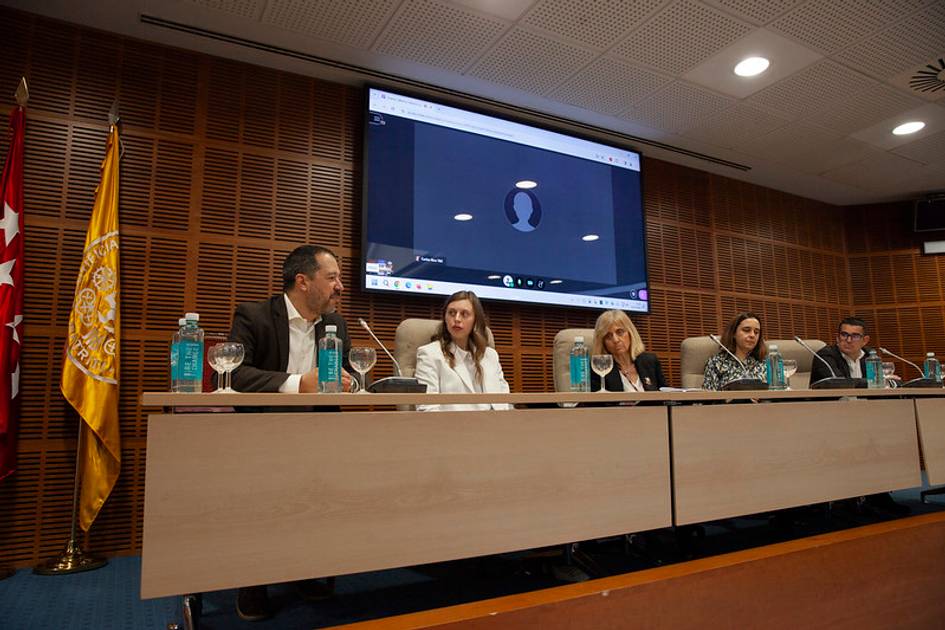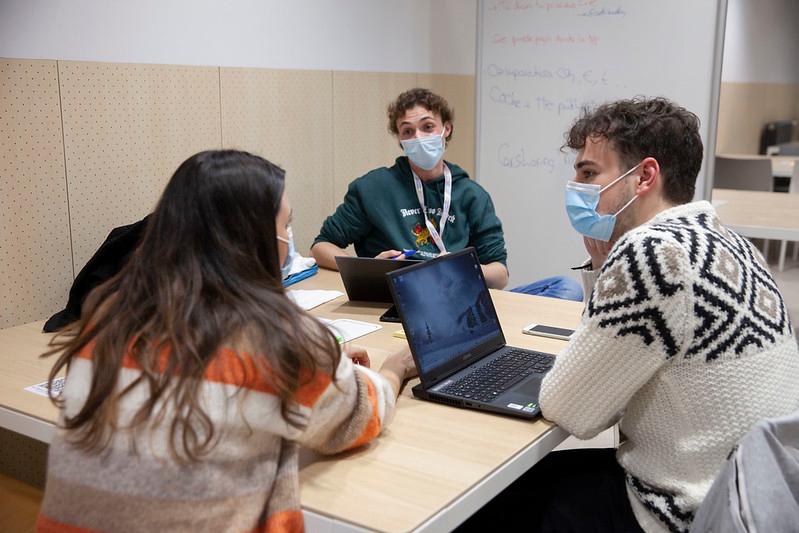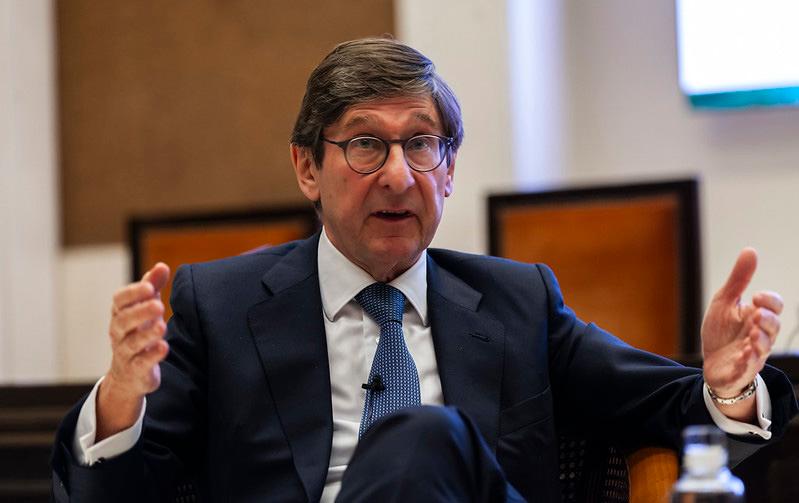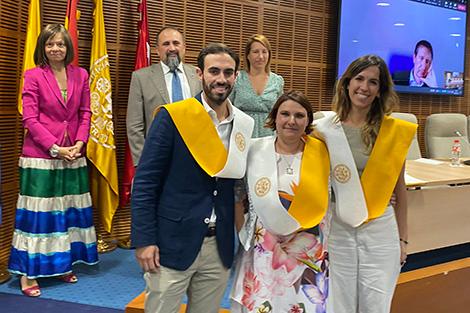The biggest challenge for sustainable mobility lies in a change in citizens' behaviour
The new Kapsch Chair for Sustainable and Intelligent Mobility discussed the challenges in the field of mobility research

19 March 2024
The cooperation with renowned Spanish university Comillas that was announced in autumn last year was officially kicked off with the official presentation of the new Kapsch Chair for Sustainable and Intelligent Mobility, analysing the challenges of research for sustainable mobility.
Antonio Muñoz, Director of Comillas ICAI and Alfredo Escriba, CTO at Kapsch TrafficCom, presented the Chair and highlighted its importance for examining, analyzing, and proposing cutting-edge policy designs for sustainable mobility.
In the following panel discussion, several experts from different universities and companies stressed that, of all the challenges that must be overcome to achieve sustainable mobility, the most complex is the change in citizens' behaviour towards mobility and transport.
"The most important thing is to change some behaviours and suggest technological or infrastructure improvements that make it easier, because that is the most complex part", said Irene Álvarez de Miranda, from INGEROP T3, who stressed that "the decarbonisation of mobility does not only depend on changing energy sources or being more efficient, but also on changing distances... The real smart city must work with its resources, not only develop new technologies".
Alfredo Escribá, CTO of KapschTrafficCom AG, referred to demand management, rather than supply, as a possible solution to mobility problems, and wondered whether it is possible to influence the behaviour of transport users, for which it is essential to "approach it all from a scientific approach". Even with the help of artificial intelligence to aid decision-making, as Antonio Muñoz, director of Comillas ICAI, mentioned.
In this sense, Ibon Galarraga, CEO of Metroeconómica, also referred to demand management and the gaps that exist in research and public policies regarding people's behaviour towards mobility. "It is a mistake to want to design one policy when several are needed," he said, wondering how to get citizens to accept approaches such as those that suggest charging a fee to enter cities by car.
Taxation was a big topic. Its acceptability "is important for behaviour", said María Eugenia López-Lambas of the Universidad Politécnica de Madrid, although difficulties such as social inequality arise. Natalia Collado of ESADE EcPol also reflected on this, asking how technology and social inequality influence behaviour. "Infrastructure conditions, and not only in terms of regulation or taxation".
The lecturer at Comillas ICAI, Pedro Linares, acknowledged that in order to answer all the questions and challenges regarding sustainable mobility and transport management a transversal vision is needed, hence the importance of a chair such as this one on sustainable and intelligent mobility, "which aims to bring together knowledge of engineering, economics and consumer behaviour to find the most efficient and also the fairest solutions to achieve a more sustainable mobility".
You may also be interested in

El 3º Future Urban Mobility Challenge reunió a más de 30 estudiantes para el reto del Ayuntamiento de Madrid

José Ignacio Goirigolzarri, presidente de CaixaBank, inaugura el Aula de Finanzas Sostenibles ante una audiencia de más de 400 estudiantes

Se gradúa la primera promoción del Programa Superior en Gestión y Medición del Impacto Social
